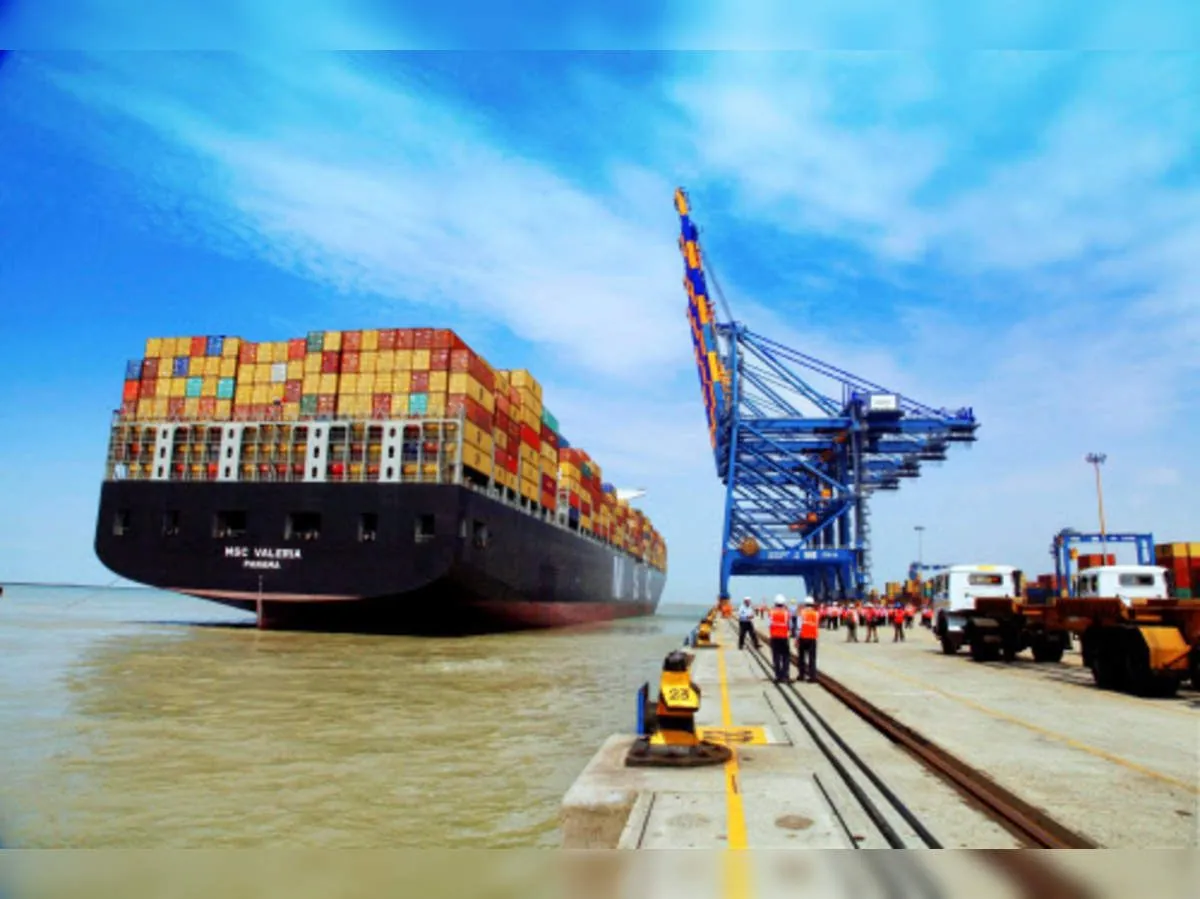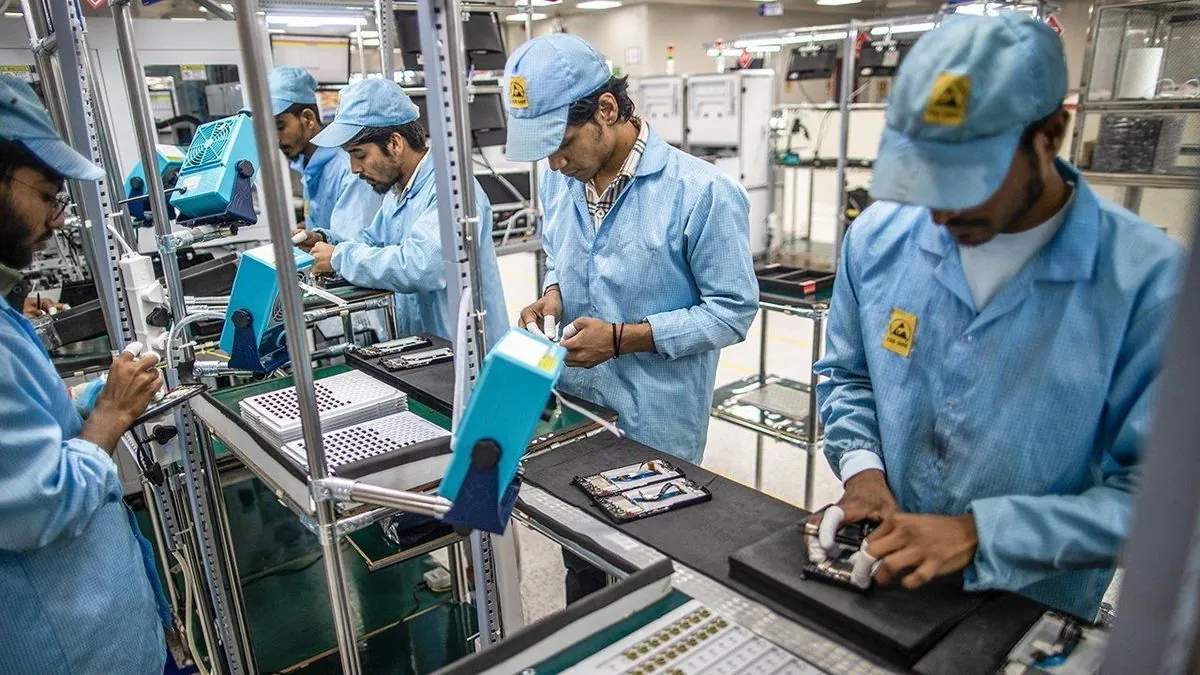India's July Trade Deficit Surpasses Expectations, Hits $23.5 Billion
India's July merchandise trade deficit widened to $23.5 billion, exceeding economists' forecasts. Despite global challenges, exports in engineering and electronics goods showed substantial growth.

India's merchandise trade deficit for July 2023 has surpassed economists' projections, according to recent government data. The deficit reached $23.5 billion, significantly higher than the anticipated $21.35 billion forecasted in a Reuters poll. This figure represents an increase from the June deficit of $20.98 billion.
Sunil Barthwal, India's Trade Secretary, provided insight into the export performance, stating, > "Our exports are holding on despite what is happening globally, reflected in substantial increase in engineering and electronics good exports. [[Trade Secretary's comment on export resilience]]" He further noted that monthly export fluctuations are largely influenced by crude oil prices.
The data revealed that India's merchandise exports in July stood at $33.98 billion, while imports totaled $57.48 billion. These figures show a slight decline in exports and an increase in imports compared to June's numbers of $35.20 billion and $56.18 billion, respectively.
In the services sector, July exports amounted to $28.43 billion, with imports at $14.55 billion. These figures also showed a marginal decrease from June's services exports of $28.82 billion and imports of $15.02 billion.
India, currently the world's fifth-largest economy by nominal GDP, has been one of the fastest-growing major economies in recent years. The country's main exports include petroleum products, gems and jewelry, and pharmaceutical products. However, as a major importer of crude oil, India's trade balance is significantly impacted by fluctuations in global oil prices.
The Indian government has been actively working to boost domestic manufacturing through initiatives like "Make in India" and improve the ease of doing business to attract foreign investment. These efforts aim to reduce import dependence and strengthen the country's export capabilities.
India's services sector, particularly IT and business process outsourcing, continues to be a significant contributor to its exports. The country has also been promoting its agricultural exports, with a focus on products like rice and spices.

The resilience of India's engineering goods exports, as highlighted by Barthwal, is noteworthy given the challenging global economic conditions. This sector's performance aligns with India's efforts to diversify its export basket and reduce reliance on traditional export categories.
As India navigates the complex global trade landscape, it continues to pursue free trade agreements with various nations and blocs. The country is also working on improving its logistics infrastructure to enhance trade competitiveness.
While the widening trade deficit remains a concern for policymakers due to its impact on the current account balance, India's evolving trade policies and export promotion schemes aim to address these challenges. However, some of these schemes have faced scrutiny at the World Trade Organization.
As global economic conditions and geopolitical factors continue to influence India's trade patterns, the country's ability to adapt and capitalize on emerging opportunities will be crucial in shaping its economic future.


































